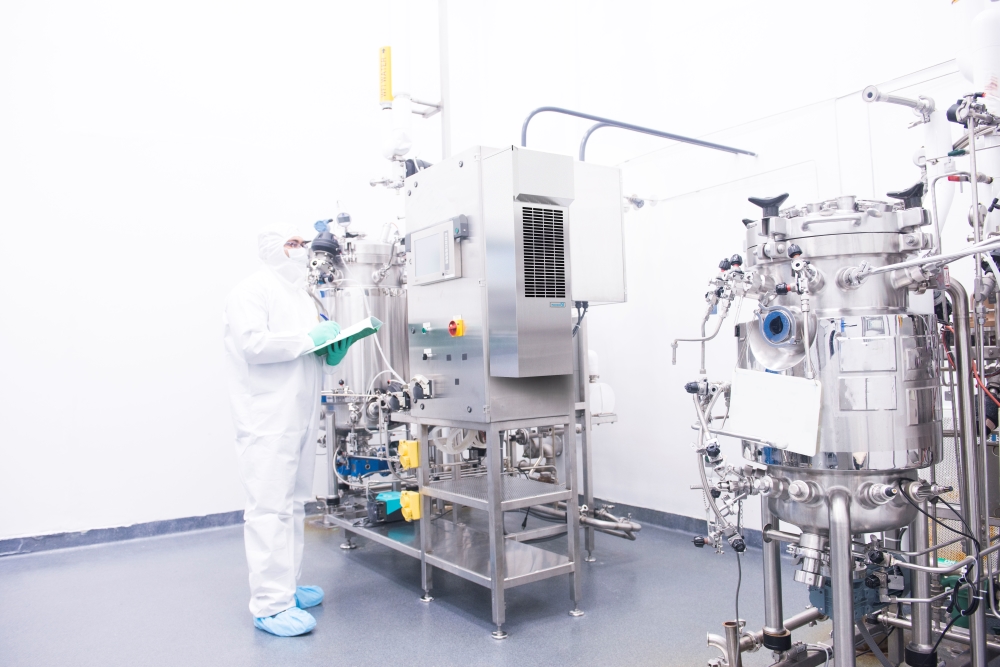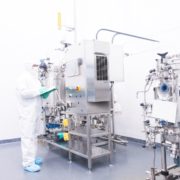Pfannenberg’s Cooling Units Used to Ensure Efficiency and Uptime in Vaccine Production Settings
How Cooling units maintain proper operating temperatures for automation system components

Vaccine production requires highly precise temperature and humidity control at all stages of production: manufacturing, packing, and storage. During production of pharmaceuticals, precise temperature control is essential so that temperature fluctuations do not interfere with the manufacturing process. Throughout the process of manufacturing, distributing and storage, it is essential that downtime is eliminated and repair costs are kept to a minimum. To carry this out, vaccine producers relied on Pfannenberg’s cooling units which can operate 24/7 and on the Pfannenberg team, which offers the highest degree of service quality.
Pfannenberg’s DTS 3245 Series Cooling Units have been installed in COVID vaccine production settings to ensure efficiency and maximal uptime by providing critical cooling to electrical components of automation systems in mass vaccine production.
The Pfannenberg DTS 3000 Series cooling units offer superior capacity, more efficient design, and a robust build to ensure a longer service life of the cooling unit. Customizable to pharmaceutical environments like vaccine production, the DTS 3000 Series features a sealed cabinet that provides contaminant-free component cooling without adding heat to the local environment. It provides an excellent economic solution where plant water is available or when used in conjunction with a process chiller. Its sealed design and available stainless steel, NEMA Type 4/4X construction provides a maintenance free solution with no exposed fans or maintenance of filters required.
The DTS 3000 Series Cooling Units are designed to take up less space while delivering greater cooling capacity. These units boast the highest power to cooling ratio available on the market. These cooling units are built with a sealed, yet “open design,” so critical components can be accessed easily for maintenance purposes. The refrigeration system is totally redesigned with longer and more robust service life in mind helping end-users focus on uptime and prevent disruption in operation.





